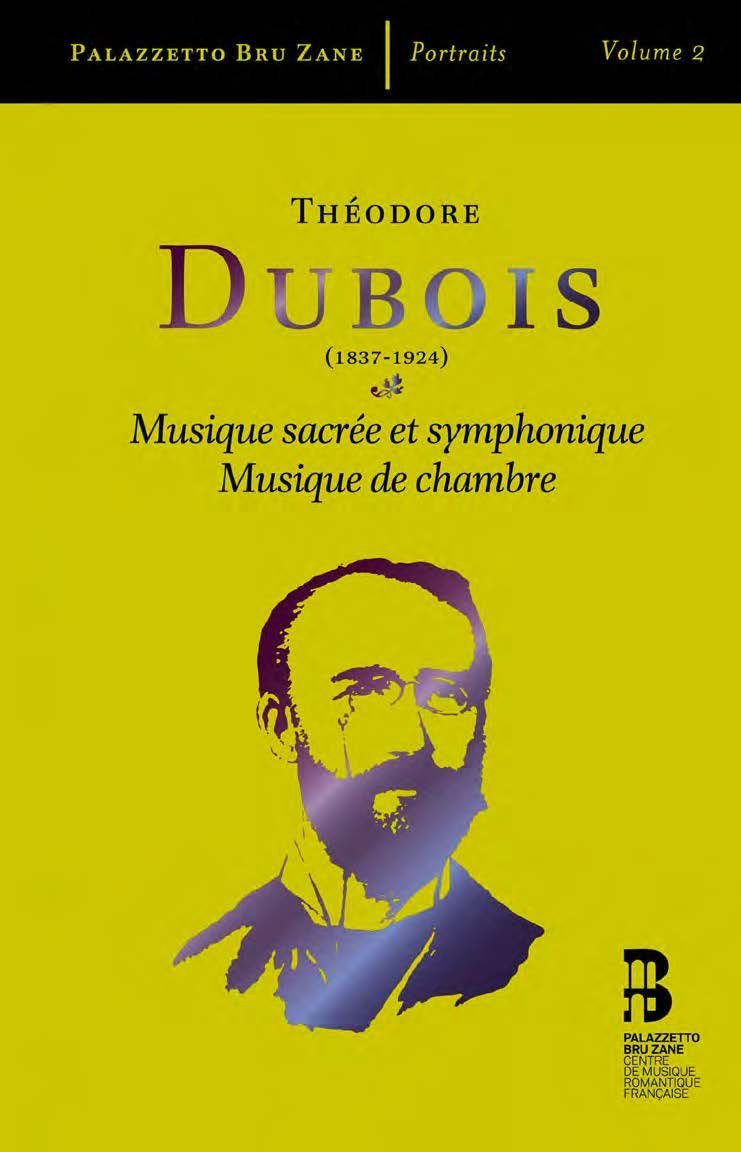Prom 36: Hamelin, BBCSO, Roth
Luminous Ravel and cautious Stravinsky in a programme under the shadow of Pierre Boulez
The pulling power of the BBC Proms was in action last night, as a virtually full Royal Albert Hall settled down at 6.30pm, and braced itself for 22 testing minutes of restless, angular, unforgiving 1960s Boulez.The audience had been lured in by the gentler fare that was to come in the second half, but Boulez's Figures - Doubles - Prismes, under the taut control of its pulse by François-Xavier Roth, definitely left its mark.

 Théodore Dubois: Musique Sacrée et Symphonique, Musique de chambre (Ediciones Singulare)
Théodore Dubois: Musique Sacrée et Symphonique, Musique de chambre (Ediciones Singulare)